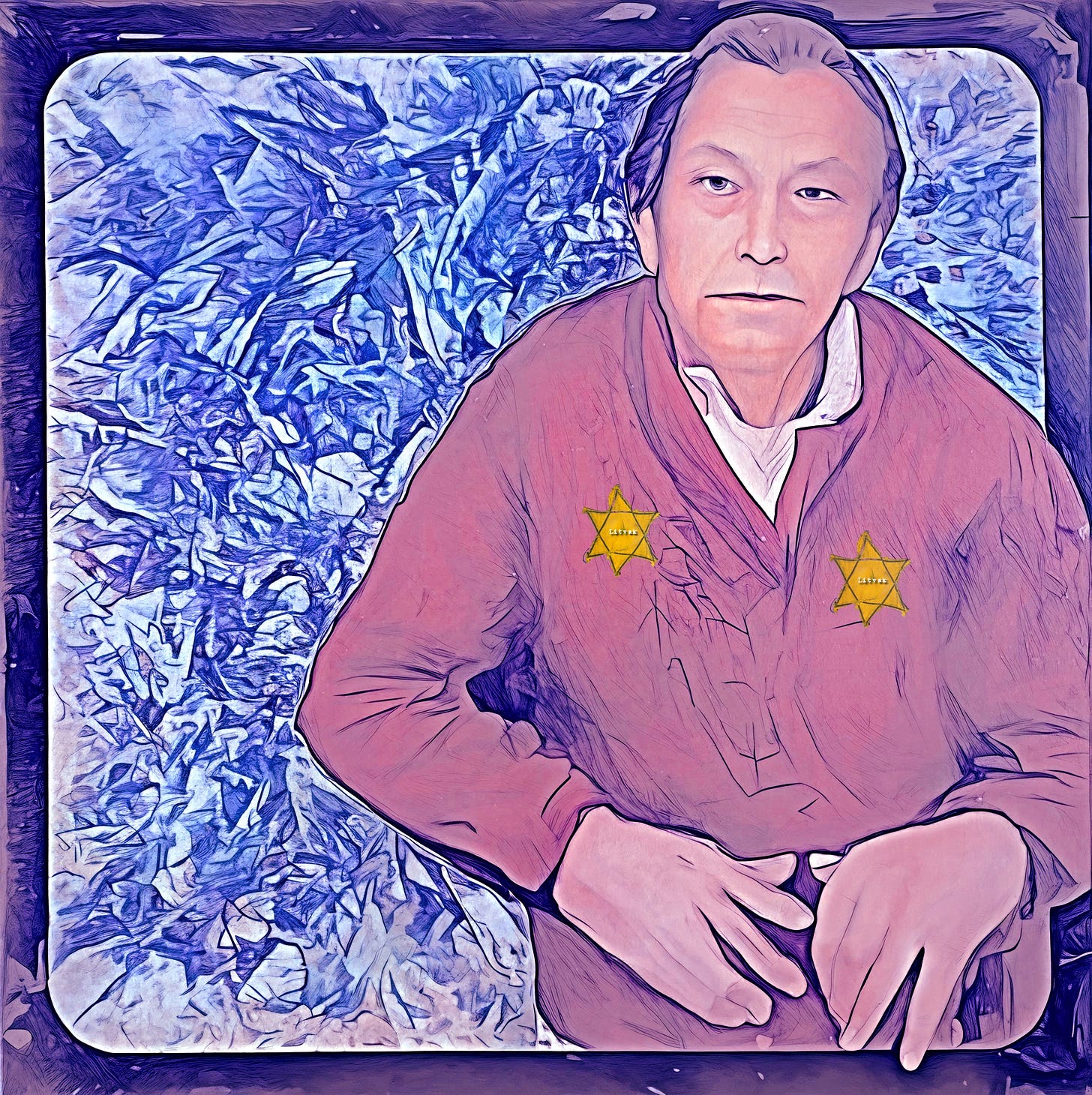The phrase, "We all owe God a death," is a quote attributed to William Shakespeare from his play "Henry IV, Part 2." In the play, the full quote is, "Uneasy lies the head that wears a crown. “We all owe God a death."
You can have many people at your bedside during your death journey, or you can be alone in the wilderness when death arrives. Either way, it is your journey to endure alone—the fear of the Unknown taps into the deeply ingrained human instinct for fear.
"We all owe God a Death" reflects the transient nature of human life and immortality. It suggests that regardless of one's position or status in life, everyone is bound to face death eventually. It touches upon the notion that death is a universal human experience, and no one can escape this fate.
I have childhood memories; some of the memories are suppressed. However, one of the memories is being puzzled by my grandmother. My grandmother, Sophia often said that she was complete with [her] life, and it was always her last year to be with her. I did not understand her statement, I was too young.
When I was five, I saw the numbers tattooed on my grandmother’s left arm. I asked my mother about them, but she was reluctant to answer. We rarely talked about the stories of escaping Lithuania and life in a labor camp in Poland. It was not until a few years before my aunt Yadza’s death that the stories “leaked” out.
I painted my grandmother's portrait when I was young. Recently, I read a book called The Jews of Lithuania and discovered that Jews who converted to Christianity were required to wear two stars on their clothing. I added the stars to the image. I noticed that her left eye drooped, and mine did, too.
“We all owe God a death."
The interpretations of the quote may vary depending on personal beliefs and cultural perspectives. Some individuals may view it from a religious standpoint, acknowledging the belief that human life is ultimately in the hands of a higher power. Others may interpret it more metaphorically, emphasizing the existential reality that death is an inescapable part of the human condition. But then, what do you do with the truth of the statement? [Knowing] Jesus has brought me comfort.
Ultimately, the thought behind the quote serves as a reminder of our mortality and the transitory nature of our existence while encouraging reflection on the brevity of life and the importance of making the most of the time we have preparing for eternity.
![Larry Ortega [An] Obliq Artist](https://substackcdn.com/image/fetch/$s_!t_oz!,w_80,h_80,c_fill,f_auto,q_auto:good,fl_progressive:steep,g_auto/https%3A%2F%2Fsubstack-post-media.s3.amazonaws.com%2Fpublic%2Fimages%2F769ffec6-0175-474d-907c-df0e404f780c_1280x1280.png)
![Larry Ortega [An] Obliq Artist](https://substackcdn.com/image/fetch/$s_!2KDx!,e_trim:10:white/e_trim:10:transparent/h_72,c_limit,f_auto,q_auto:good,fl_progressive:steep/https%3A%2F%2Fsubstack-post-media.s3.amazonaws.com%2Fpublic%2Fimages%2Fdc12721f-a2ce-4e05-8699-77d0cbca0d38_900x600.jpeg)

![Larry Ortega [An] Obliq Artist](https://substackcdn.com/image/fetch/$s_!t_oz!,w_36,h_36,c_fill,f_auto,q_auto:good,fl_progressive:steep,g_auto/https%3A%2F%2Fsubstack-post-media.s3.amazonaws.com%2Fpublic%2Fimages%2F769ffec6-0175-474d-907c-df0e404f780c_1280x1280.png)


